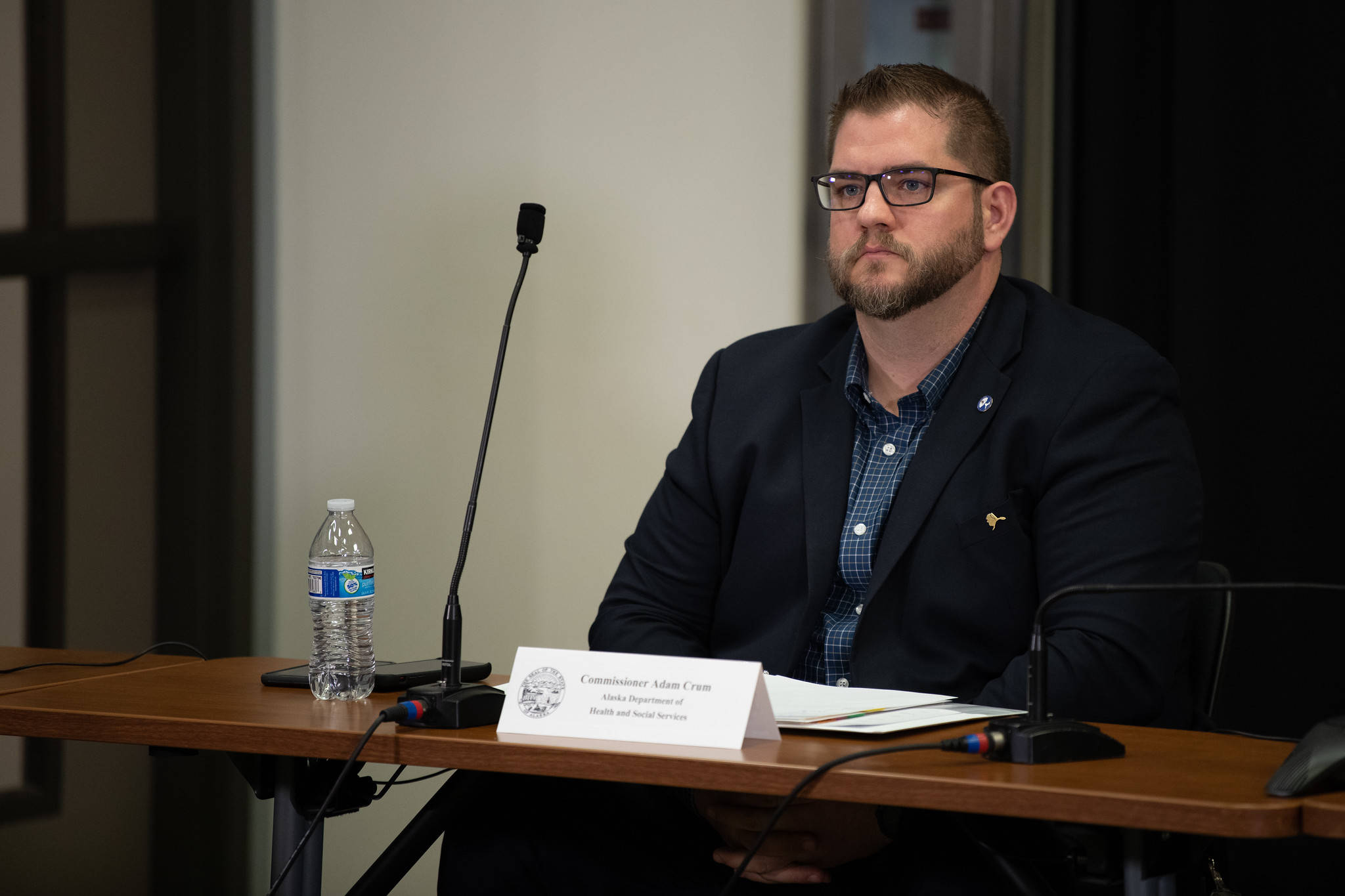These are, to put it mildly, very strange times. Not long ago, most of us were enjoying the last months of our Alaska winter and were looking forward to spring. Our students were starting to look forward to the freedom of summer break and high school seniors were counting the days until graduation. Life was normal — sometimes thrilling, boring or in between — but we knew what to expect most days when we woke up in the morning.
Now, in the space of a few weeks, nothing is normal. Everything has changed. Our lives, it’s fair to say, are upended.
With the new social distancing mandate in Alaska that took effect March 28, plus the mandatory 14-day quarantine for out-of-state travelers and severely reduced in-state travel, the fight to slow the spread of COVID-19, a respiratory illness first identified in China in December, has truly come home. We’re all being asked to stay put, at our primary place of residence, and to only leave to get food, medical care or to work if you are part of the essential workforce and cannot telework. Most of us have never heard of anything like this, much less been asked to do it.
As I talk to fellow Alaskans about this new order, I hear confusion. Why are we doing this? Won’t COVID-19 case counts just increase again when the shelter in place order is lifted? And some are skeptical. How will we know if this even works? Are we being asked to put our lives and livelihoods on hold for nothing?
I understand and appreciate these questions. It’s shocking to imagine that we would be asked to stay in our homes for two weeks or possibly longer (the order will be reevaluated by April 11). But I must assure you, this order comes only after the best medical professionals, epidemiologists and statisticians in the state studied all of the options and decided this order was the single best way to keep Alaskans safe.
If you want to strike fear into the heart of any doctor, mention the term “mass casualty incident” or MCI. Think of things like an earthquake, a large structure fire, a terrorist attack. What happens in an MCI is that too many patients flood available hospitals and clinics all at one time. Medical personnel quickly become spread too thin and there aren’t enough hospital beds or lifesaving equipment like ventilators to help everyone in need. Patients with life-threatening issues sometimes don’t get treated in time to save them. Doctors are faced with unbearable choices about whose lives can be saved and whose cannot.
This shelter in place order is intended to prevent Alaska’s health care structure from being overwhelmed and to ward off an unthinkable number of deaths in Alaska. Past pandemics like the 1918 influenza outbreak devastated Alaska. Now, if we slow the number of serious cases of COVID-19 among Alaskans — by people staying home and not infecting others — our medical professionals will be able to give those who are very ill the treatment and resources they desperately need. This gives us time to slow the spread of the disease as our population builds herd immunity while we continue to protect those most at risk.
The alternative — too many sick Alaskans at one time for some to be adequately treated — is what we must prevent.
Think of what we are doing with our mandates as hitting the pause button for two weeks to buy our state and our medical professionals the essential time they need. Time to gather more resources like masks and other protective gear and to increase our ability to test more widely. Time to learn more about this illness and how to best treat it. Time to build alternate care sites should hospitals overflow. Time for those who are already ill to recover and return home.
The downside, of course, is what is being asked now of each and every Alaskan. We didn’t ask for this abrupt change in our lives and we don’t want it. But here we are. As we’ve said many times, Alaskans know how to do hard things. I’m a second generation Alaskan and have always appreciated the unique spirit of our state’s residents, both those who are newer to the state and especially our Alaska Native people who have long known what it is to endure and persevere.
We can be an independent lot who don’t like being told what to do, but we also excel at looking out for our neighbors and building close-knit communities. We know how to survive against the odds, how to make sacrifices and how to work together. This is a time when the actions each of us take can have the very real effect of saving our neighbor’s life. Or the life or a family member, or even our own.
This is temporary. This too shall pass. But for now, please remember that every minute that these important mandates buy us, the more prepared we will be to fight this illness. My goal is to get Alaskans back to that beautiful normal that we all remember from not too long ago. We can do this. Let’s do it together.
Adam Crum, M.S.P.H., is Commissioner of the Alaska Department of Health and Social Services.
• By Adam Crum, M.S.P.H., commissioner of the Alaska Department of Health and Social Services

